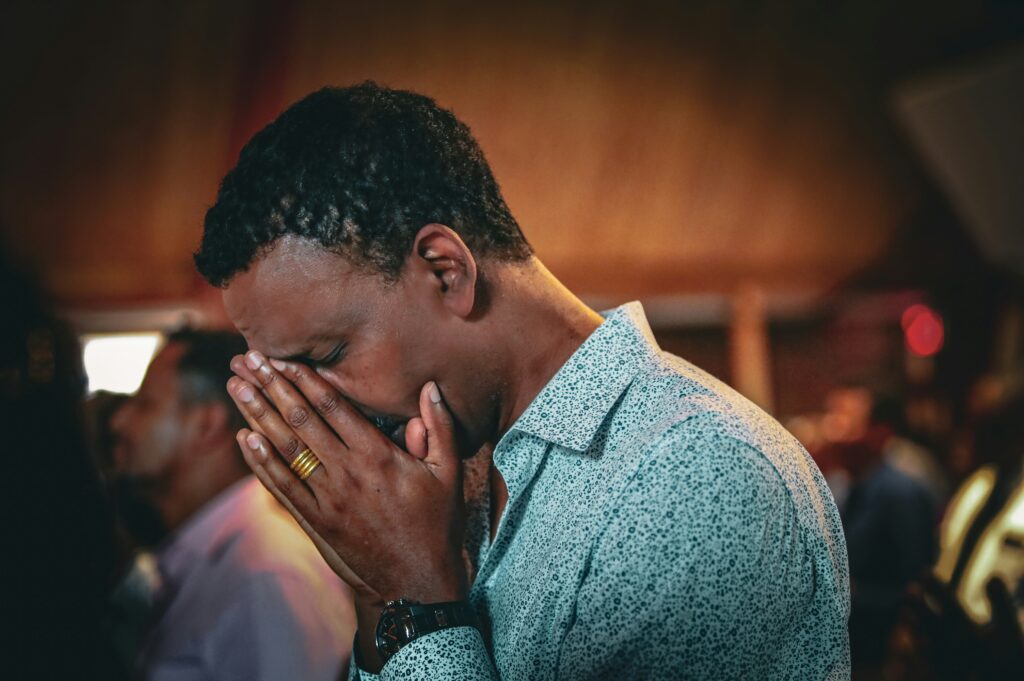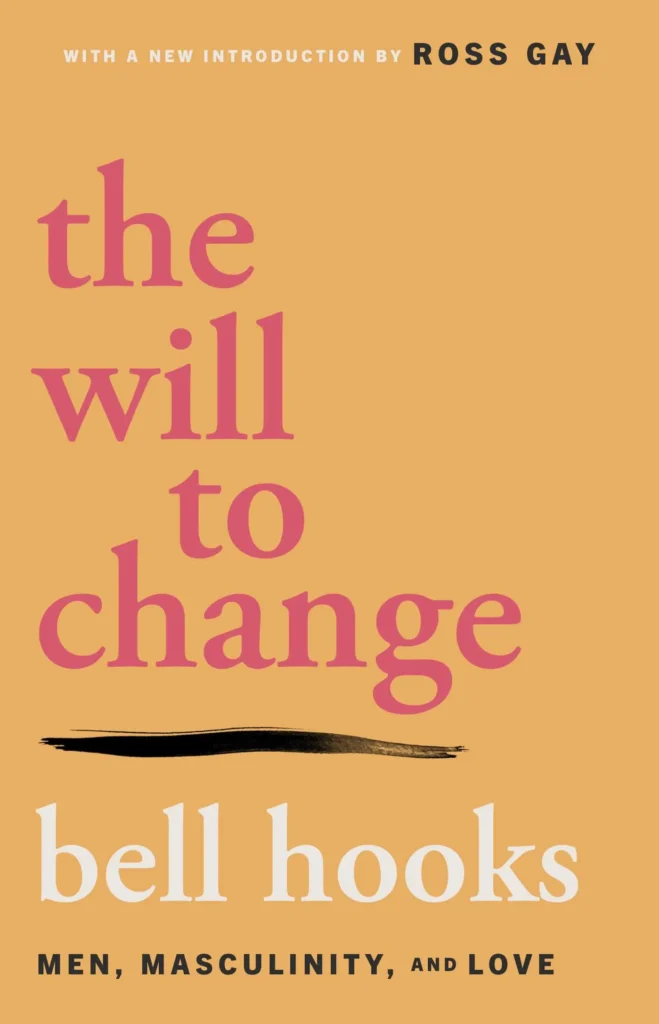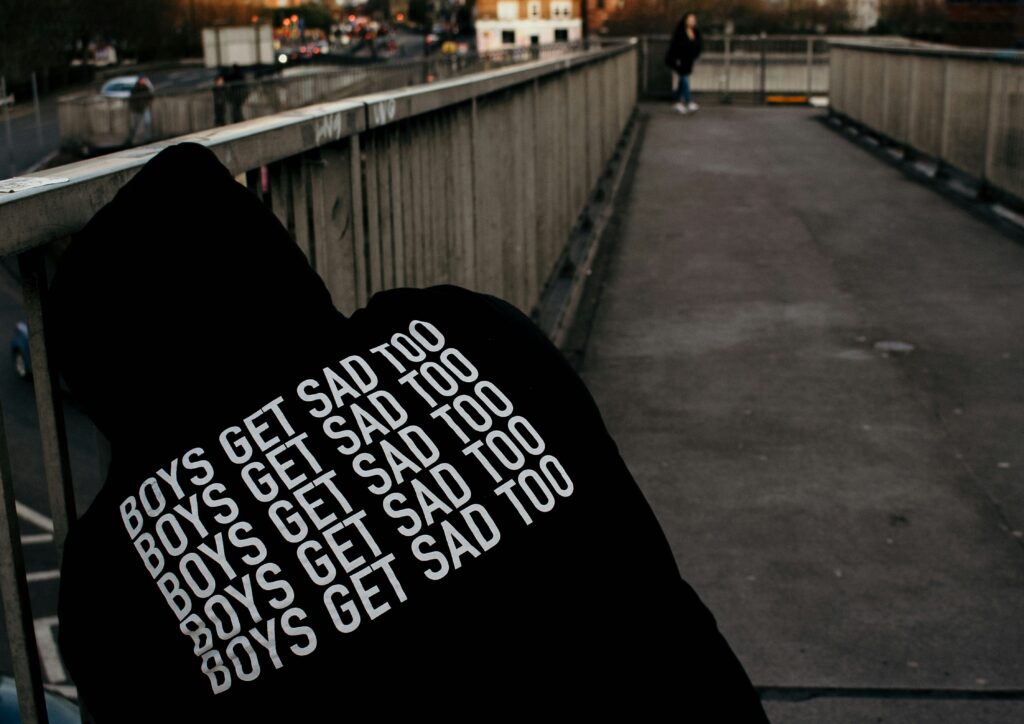Republished from Kobby Graham’s Substack “Offbeat and Frequencies“
At a time when my life felt like it had been thrown into rice, I stumbled across a song by the Nigerian artist, Yinka Bernie (who produced SAD GIRLZ LUV MONEY for Amaarae) featuring Joyce Olong, called “It’s Okay to Cry.”
Its opening line, “Sometimes I wanna be alone,” felt like a hand placed gently on my back. Solitude would soon help me heal from things I thought I would never recover from.
The song’s message is somewhat radical for young African men raised to feel shame at the sight of their tears. That such a vulnerable song emerged from the alté scene doesn’t surprise me.
The scene’s sounds and aesthetics have always offered more expansive ideas of masculinity than the mainstream.
Suicide and Masculinity
Suicide rates are rising. According to the Ghana Mental Health Authority, 81 people died by suicide in just the first half of 2024, with 523 attempts recorded: more than the total for all of 2023.
Globally, the World Health Organization reports that suicide is now the third leading cause of death for people aged 15 to 29, up from the fourth back in 2019.
Across nearly every region of the world, men are more likely to die by suicide (even though women are more likely to attempt it).

In Ghana, most suicide deaths involve young men aged 15 to 35, with many cases linked to depression, unemployment, relationship breakdowns, and unaddressed mental health issues; things we are rarely taught to name, let alone manage.
It’s why songs like It’s Okay to Cry matter. Not because they rescue you. But because they remind you that you are not alone.
A Cost Beyond Tears
Crying is the most visible thing on a much longer list of things we were taught to suppress as boys. Sadness, vulnerability, tenderness, even joy in certain forms: these are not emotions that the world allows boys to fully inhabit.

All children start with a similar emotional palette: laughter, tears, curiosity, fear, wonder.
But somewhere along the way, boys are taught to compress and cut off access to certain feelings. To shape ourselves into tools and weapons. Tools to provide. Weapons to protect.
Tools don’t cry. Weapons don’t need hugs.
Why does this happen? Some of it is patriarchy. Some of it is fear. The two are not mutually exclusive. The world is rough, we are told (and this is not untrue). And boys must be toughened up to survive it.
In doing so, however, we are socialised to make us into men who can survive systems that don’t care about our softness; taught to pack our emotions away, like toys at the end of playtime.
But it doesn’t quite work.
Boys Living Out of Boxes
The effect of this kind of upbringing is something I would later learn is called compartmentalisation: the ability to box away parts of your emotional life so that you can continue to function.
You’re depressed, but still grinding. You treat love and sex as different, almost unrelated things.
It’s not all bad: in a book I encourage all boys to read, The Will to Change, bell hooks argues that men would benefit from more emotional openness and that women might benefit from a little more compartmentalization.

We’ve been placed at opposite ends of a spectrum when we should probably be meeting somewhere near the middle.
I am not here to argue with anyone who believes that toxic masculinity means that all men are inherently toxic by definition. That’s not a thing I can teach my son.
But This Is Not Who We Were Born to Be
What gets missed in these conversations is that this shaping doesn’t happen to men: it happens to boys.
To children.
I was reminded of this recently, reading the memoir by Princess Diana’s brother, A Very Private School.
In the book, Earl Spencer describes how British boarding schools used abuse and emotional numbing to disconnect boys younger than ten from family love, and replace it with trauma-induced bonding so that they could be sent off – cold, hardened, and efficient – to far corners of the world to serve the purposes of colonial empire.
I, too, am a product of a boarding school system I attended at the age of 11.
Here in Ghana, we praise such schools for instilling discipline, as though discipline didn’t exist before boarding schools. Or as though school is the only place to learn it.
We sometimes forget that these schools were not built to make Africans better people. Remind yourself who built them and ask yourself why they built them. If you think it was about altruism and kindness, I don’t know what to tell you.
There is a lot I learned at school that I have spent years unlearning. What we call discipline is sometimes emotional suppression dressed up in prefect’s uniforms.
The World Is Shifting, But the Silence Remains
Today, societies that trained us into emotional silence are increasingly urging men to become emotionally intelligent. It’s like a male version of how girls are told to stay away from boys throughout their childhood and are suddenly asked, “Where is your husband?” the nanosecond they finish school.
Why aren’t we emotionally intelligent?
One gripe I have heard is that we are taught as boys to become a certain kind of man, only to grow up and be told that the man we were taught to be is toxic, and that we are entirely to blame for what we were taught.
As though we raised ourselves and randomly decided at some point in our boyhoods that we no longer wanted emotions.
I am not here to argue with anyone who believes that toxic masculinity means that all men are inherently toxic by definition. That’s not a thing I can teach my son.
But we do need to change
Because the fact is that our limited emotional range is hurting us and the people around us.
Another fact for men to keep in mind – hard as it might be to hear – is that we can’t expect empathy from those who bear the brunt of our silence and our violence. It’s not their job to teach us, even though, more often than not (and quite involuntarily), they do.
We, as men, need to accept there is a problem (at a time when there are many men online – and sometimes women – trying to tell you that there isn’t), to accept that we are at least a part of that problem (even though – yes – there are intersectional nuances, particularly of class), and to remind ourselves again and again that this is not the way things have to be.
It Hasn’t Always Been This Way
A principle I try to live by, based on everything I have ever learned about culture and human history, is this: just because something is a certain way now doesn’t mean it’s always been that way. And if it hasn’t always been this way, it doesn’t have to stay this way.
I remember how my late brother Ebow and I used to end our conversations by telling each other, “I love you, man.” We grew up in a time where men couldn’t say that without adding nonsense like, “no homo!“
Imagine.
These days, I try to be more available to younger male friends and students, from a place of lived mistakes and hard-earned wisdom. I see so many of them navigating problems their fathers can’t help with.
The world has changed. We are living with economic realities, gender expectations, and technologically powered misinformation that the average African father is struggling to understand, much less advise on.
Solitude can be a very important part of that healing, but it is not the end of it. The work of learning to be a better man – a better human being, to be honest – is rarely done alone.

Relational Living Is the Only Real Resistance
I still struggle. With anxiety. With shame. There is no one more brutal to me than my inner critic, though I must admit that women’s voices come a very close second. There are echoes of hurt and disappointment – of others, of myself – I still haven’t shaken.
Consequences I struggle with quite literally every day. I have a habit of disappearing, and a fear of confrontation so strong it sometimes makes my voice vanish.
Therapy has helped. But therapy is expensive. More than anything, what has helped me is community. The tapestry of people around me who care about me, for the myriad reasons they do.
Solitude can be a very important part of that healing, but it is not the end of it. The work of learning to be a better man – a better human being, to be honest – is rarely done alone.
Healing is relational.
So yes: sometimes I want to be alone. But I’m also learning that I don’t have to be. It’s okay to cry. It’s okay to express and act on feelings. And it’s okay to share too. Emotional fluency is not weakness. It doesn’t make you any less of a man.
It’s freedom.
And as people from a country with the words, ‘Freedom & Justice’ on our coat of arms, freedom is something we should all take very seriously. Not just our own, but everyone else’s too.





